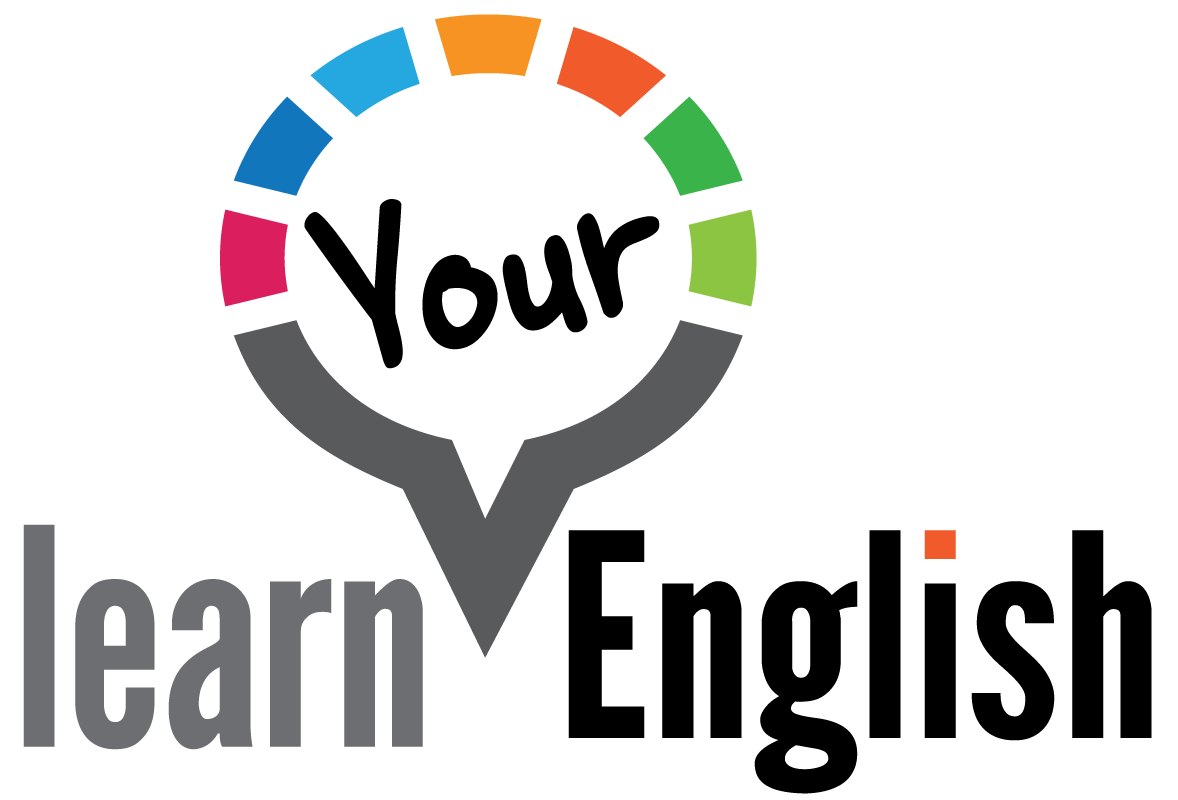Why 1% better makes you 10% worse
Progress can be disguised as procrastination
Read time: 8 minutes
Here’s our TTT for this week on how to grow your online teaching business.
What is TTT? A Tip, Takeaway, and Task. On Thursday.
Enjoy!
Have you joined our free teacherpreneur community?
Network with others on a similar trajectory.
Tip: You may need to sacrifice your happiness for progress
This is an unsettling message, but one that was important for us to hear when we first heard it.
Have you made progress in your teaching business over the past 12 months?
Most people would answer “yes” to that question.
The majority of people follow the 1% mindset of having incremental progress each day. This makes them feel good. It isn’t a bad thing, of course, but it comes with a consequence: we tend to lose sight of the end goal.
If we have the mindset of “if I get better each day, I’ll reach my goal eventually,” what is eventually?
5 years? 10 years? 50 years?
What if 50 years go by and you look back and you still didn’t reach your goal? How would you feel?
This is the exact mistake of incremental progress when what we’re really doing is giving ourselves an excuse not to take a risk.
Progress is absolutely a means to an end, but the end is absolutely more important.
It’s a kind of chicken and egg scenario: we can’t get to the end goal without progress; but if we only see progress, we don’t get to the end.
The most important thing is to get what you want, period. If that’s not true, the goal wasn’t very important to begin with.
Takeaway: Focus on progress can come from insecurities
That can be hard to hear. It was for us. Until one day it really resonated. And we needed to sacrifice some short-term happiness to go after what we really wanted.
Some questions we started to ask ourselves:
What’s the purpose of a growth mindset if we never achieve anything?
What’s the point of learning about a teaching approach if we never implement it?
What’s the point of wanting to help more students if we never actually help them?
There are three fallacies of progress that strike us:
1. Making progress, but not enough
For instance, if someone wants to lose some weight. They’ve never gone to a gym before and start going once a month. They do this for three months and feel very good about their progress. They’ve definitely made progress, but is it enough?
2. Progress, but in the wrong areas
A teacher wants to niche down so they can work smarter and help more people. They do all kinds of research:
watching YouTube videos
attending workshops
following niche experts on social media.
They even bought a book “Niching for Dummies.”
This teacher is making progress. But are they making progress in the right areas where they will actually see progress?
3. The trick of time
Progress tricks us into thinking we have more time than we do. Again, if you were at the end of your life, how would you look back on the decisions you’re making right now? And how do we know we won’t die tomorrow, next week, or next year?
If we really want to do something, we can’t allow progress to trick us into thinking we have more time. If someone truly wants something, isn’t now the only option?
As George Pickering once told us, “someday is not a day of the week.”
Let’s examine a simple example:
You likely brush your teeth before you go to bed (here’s hoping, anyway). One evening, you realize you’ve used the last bit. The next morning, you drive to the store to get some more toothpaste.
On your way, do you:
examine the car tires?
think of upgrading the engine?
drive 10% of the way to the store, pull over, and say “that’s enough for today - I’ll drive the rest of the way tomorrow. But today I made progress!”
No. You drive all the way to the store and get what you need.
With your teaching business, it needs to be the same way. This is hard, but necessary.
Indeed, progress feels very good. And it should. But the trick is not to get stuck in the progress loop and lose sight of the end goal.
Task: Ask yourself the hard questions
Find out what you actually want and go do it.
And don’t let yourself off the hook. Sometimes our answers to these are easy because we perceive what we really want to be too difficult.
Want to earn $10,000 per month as an ESL teacher? Say it.
Want to live at the beach and have money coming in while you sip margaritas? Say it.
Want to teach 40 hours per week for $10/hour? To each their own.
Whatever the goal, be honest. And here’s what to do now:
Step 1: Open a Notion page.
Step 2: Write a letter to yourself detailing exactly what you want
Step 3: Outline what you must do to 100% guarantee that happens
Step 4: Go do it
And don’t (only) focus on progress. Do the thing to get the thing done.
We know this one’s tough, but as always, we hope this helps.
When you’re ready, here are 3 ways we can help you:
1. Our free Business Foundations Training for Teachers (260 teachers)
2. TBLT Made Easy - use tasks in your class right away (116 teachers)
3. A free consultation with us to talk about taking your business and teaching to the next level (first come first served)



